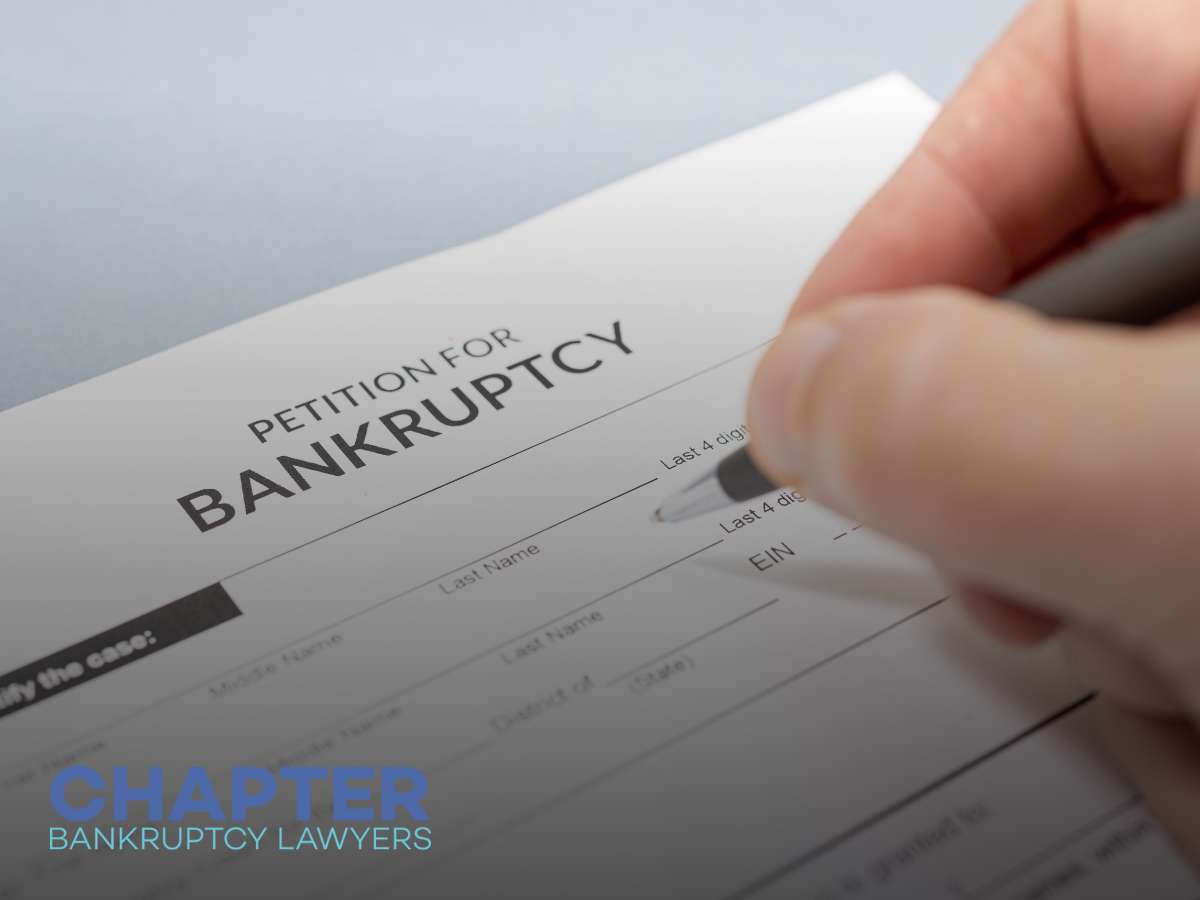Debunking Bankruptcy Myths: What You Really Need To Know
What Really Happens When You File For Bankruptcy In Arizona
Many Arizona residents hesitate to file for bankruptcy because of common misconceptions that create unnecessary fear and confusion. In reality, bankruptcy is a legal option created to help people recover from serious financial struggles—not to punish them. Below, our experienced Mesa Chapter Bankruptcy Lawyers addresses the most common myths about bankruptcy and explains what really happens when you file.

Myth #1: Everyone Will Know I Filed For Bankruptcy
Keep in mind that bankruptcy filings are public records. However, very few people ever find out unless you tell them yourself. Creditors are notified, of course, and the information is accessible through the court’s system—but that system usually requires registration used mainly by attorneys.
Over the years, most clients have gone through bankruptcy without anyone in their social circle finding out. In other words, your privacy is more intact than you might expect.
Myth #2: I Will Lose All My Properties
Not at all. This is a common fear, but it’s built on a weak foundation. Arizona’s bankruptcy law offers strong protections for essential property like your home, vehicle, and everyday belongings.
Even if something you own is worth more than the exemption allows, there are often ways to keep it, such as through negotiation or a repayment plan under Chapter 13. With the right legal guidance, it’s rare for someone to lose everything.
It’s always best to speak with an experienced Tempe Chapter Bankruptcy Lawyer to ensure you don’t lose any property unnecessarily.
Myth #3: I will Never Be Able To Buy a Car Or Home Ever Again
This is another persistent myth that simply doesn’t hold up. Many people are able to buy a home or car just a few years after filing. Once debts are wiped clean and your credit starts to rebound, lenders may actually see you as safer.
Myth #4: I Will Never Get Credit Again
Your fresh start after bankruptcy positions you to manage credit more effectively, which can make you an attractive candidate to future lenders. Remember that bankruptcy gives you a clean financial slate, and that can be the first step to rebuild your credit wisely.
While it’s best not to use credit immediately after bankruptcy, you may still receive credit card offers or financing opportunities soon after your case is resolved.
Using credit wisely matters, but rebuilding is entirely possible with time and responsible choices.
Myth #5: Bankruptcy Will Ruin My Credit For 10 Years Or More
It’s true that Chapter 7 bankruptcies remain on your credit report for up to 10 years, and Chapter 13 bankruptcies for up to 7. But that doesn’t mean you’ll have poor credit the whole time, especially if you get proper assistance with a bankruptcy attorney.
Many lenders look at the bigger picture, and that includes your current income, your recent payment history, and how you’re managing your finances today. In the long run, filing for bankruptcy may actually help you recover faster than continuing to fall behind on unmanageable debts.
Myth #6: My Spouse Must File For Bankruptcy If I Do It
Not always. If the debts are in your name alone, you can usually file without involving your spouse. On the other hand, if both partners share significant joint debt, filing together might be the smarter move. We recommend hiring an experienced Mesa Chapter Bankruptcy Lawyer to help you explore both options and determine the best path for your situation.
Myth #7: Filing For Bankruptcy Is Difficult
While the process might feel overwhelming at first, a good attorney can make it more manageable. In fact, with the help of an experienced bankruptcy attorney, many people find out it’s far less complicated than expected.
Your lawyer will handle the paperwork, prepare you for your brief meeting with creditors, and guide you through every step.
Most people never even have to go to court. Within a couple of months after your meeting, your case is often complete and you can start rebuilding.
Myth #8: Filing For bankruptcy Means I’m Irresponsible
Financial stress doesn’t always result from poor decisions. Job loss, divorce, illness—life can throw curveballs that are difficult to predict or avoid.
Bankruptcy laws exist to give people a second chance. Using bankruptcy laws to regain control of your finances isn’t irresponsible. It’s often the most responsible move you can make for your future.
Myth #9: Bankruptcy Can’t Help With My Taxes
Certain income taxes—especially those over three years old—may be dischargeable. You might also be able to reduce or restructure tax-related penalties through Chapter 13 or Chapter 11.
Bankruptcy also stops collection efforts like wage garnishments and asset seizures. Because tax matters are complex, it’s best to consult a bankruptcy attorney experienced in both bankruptcy and tax law in Arizona.
Get The Facts From An Experienced Arizona Bankruptcy Lawyer
There’s no shortage of misleading information about bankruptcy out there. Working with a knowledgeable Arizona Chapter Bankruptcy Lawyer ensures you get accurate advice—and the best chance at protecting your finances.
At Chapter Bankruptcy Law, we help individuals and families across Arizona regain control of their finances with clear, compassionate legal support. Call us or schedule a free consultation to explore your options and take the first step toward a more secure financial future.
CHAPTER BANKRUPTCY LAWYERS
Email: [email protected]
Website: www.chapterbankruptcylaw.com
Mesa Office
3707 E Southern Ave
Mesa, AZ 85206
Office: 480-405-1010
Tempe Office
4500 S Lakeshore Dr #300
Tempe, AZ 85282
Office: 480-562-6145
We are a debt relief agency. We help people in Arizona file for bankruptcy relief under the Bankruptcy Code.


